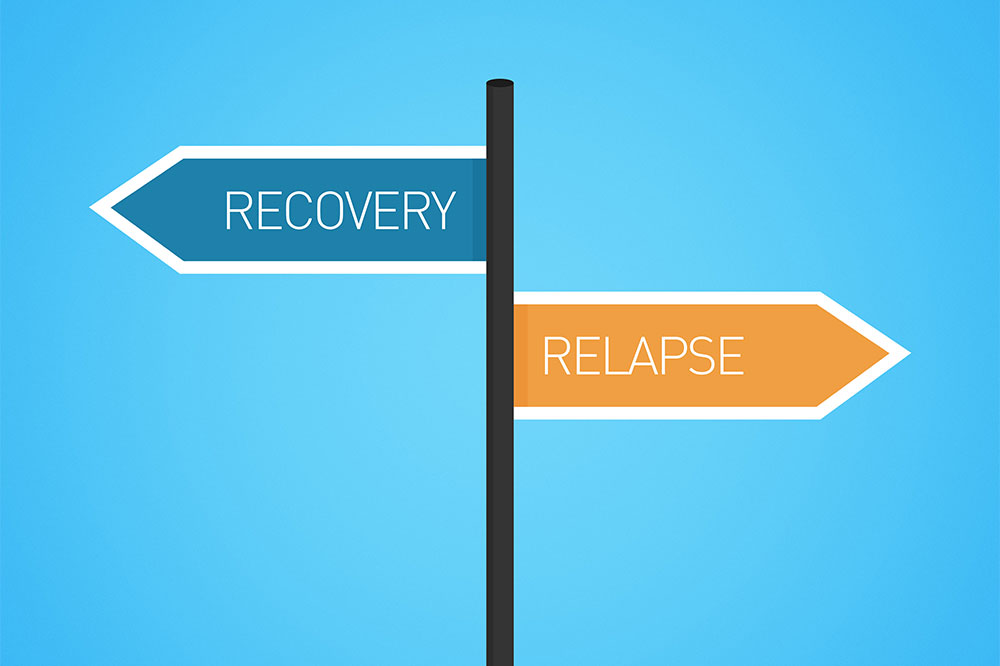Comprehensive Strategies for Addiction Rehabilitation: Exploring Therapeutic Approaches
This comprehensive article explores the various therapeutic approaches used in addiction rehabilitation programs. It highlights personalized treatment plans, the importance of counseling, and specific therapies like motivational interviewing, contingency management, cognitive-behavioral therapy, and family therapy. Emphasizing the psychological and emotional aspects of addiction, the article discusses how tailored interventions support long-term sobriety. It underscores the vital role of compassionate counseling in helping individuals overcome addiction and build a healthier, substance-free future. Suitable for those seeking deeper insights into addiction treatment strategies.

Comprehensive Strategies for Addiction Rehabilitation: Exploring Therapeutic Approaches
Effective addiction recovery often hinges on the variety and personalization of therapeutic strategies employed within rehabilitation programs. Professionals working in addiction treatment centers play an essential role in guiding individuals through the complex process of overcoming substance dependence. Their primary objective is to uncover the root causes of addiction—be it psychological, emotional, or social—and develop tailored treatment plans that address each patient's unique needs. A comprehensive approach not only focuses on breaking physical dependence but also emphasizes mental and emotional healing, helping patients build a solid foundation for long-term sobriety.
Therapists begin by educating patients about how addiction affects various aspects of their lives, including relationships, career, health, and emotional well-being. Empowering individuals with knowledge about their condition is a vital step in fostering motivation and commitment to recovery. Counselling sessions are structured to provide support, guidance, and tools necessary for patients to navigate the challenges of detoxification, withdrawal, and lifestyle adjustments.
The Critical Role of Counseling in the Recovery Journey
Addiction is a multifaceted condition that involves more than physical dependency. It often encompasses deep-seated psychological and emotional issues, such as trauma, mental health disorders, and behavioral patterns. Effective counseling addresses these underlying factors, making it a cornerstone of comprehensive addiction treatment.
After completing detoxification, individuals remain vulnerable to relapse triggered by social cues, environmental stressors, and emotional upheaval. Therefore, ongoing counseling and therapeutic interventions are crucial for maintaining sobriety. They help individuals build resilience, develop coping mechanisms, and gain insight into their behaviors, thereby significantly reducing the likelihood of relapse.
Variety of Therapeutic Interventions
Because every person's addiction experience is unique, treatment plans must be personalized and adaptable. Various therapies are employed to address different aspects of addiction, each with its own strengths and focus areas. The most commonly used methods include motivational interviewing, contingency management, cognitive-behavioral therapy, and family therapy, among others.
Motivational Interviewing: This patient-centered approach aims to enhance an individual's motivation to change. It involves exploring and resolving ambivalence, helping patients recognize their behaviors and encouraging their readiness for change. This method fosters internal motivation, which is essential for sustained recovery.
The success of motivational interviewing relies heavily on the patient's acknowledgment of their actions and their willingness to make behavioral changes. Building this intrinsic motivation is often the first step toward achieving long-term sobriety.
Contingency Management: This evidence-based approach employs positive reinforcement techniques to motivate abstinence and behavioral change. Patients receive tangible rewards or incentives for reaching specific milestones or maintaining sobriety, which reinforces their commitment to recovery. Due to its high efficacy, contingency management is widely implemented in addiction treatment settings.
Cognitive-Behavioral Therapy (CBT): CBT is one of the most prevalent and effective therapies used in addiction treatment. It helps individuals identify situations, thoughts, and emotions that trigger substance use. Patients learn to develop coping strategies, challenge negative thought patterns, and replace maladaptive behaviors with healthier alternatives. The skills acquired through CBT provide long-lasting benefits, equipping individuals to navigate real-life challenges without relapsing.
Family Therapy: Recognizing the influence of family dynamics on addiction, this approach involves working with family members to improve communication, resolve conflicts, and foster a supportive environment. Family therapy is particularly beneficial for younger patients, as it helps build a network of support that reinforces sobriety outside the clinical setting. It also addresses familial patterns that may contribute to addictive behaviors.
Achieving recovery is a complex journey that demands compassion, patience, and dedication from therapists and patients alike. Successful addiction counseling requires creating a trusting, empathetic environment where individuals feel safe to explore their vulnerabilities and work toward meaningful change. The dedication of mental health professionals in providing personalized, comprehensive care significantly enhances the chances of long-term sobriety and a healthier life.





